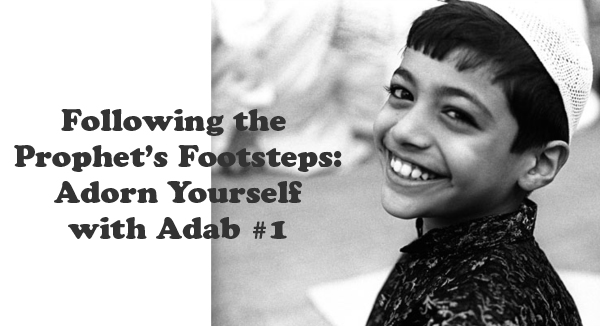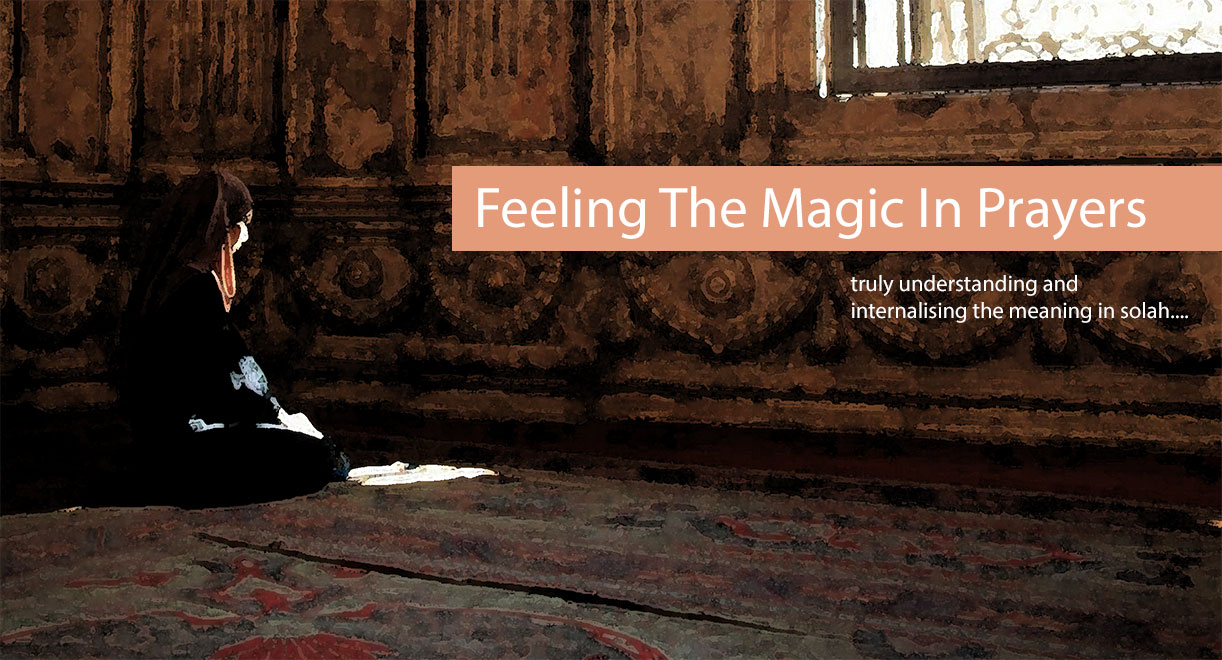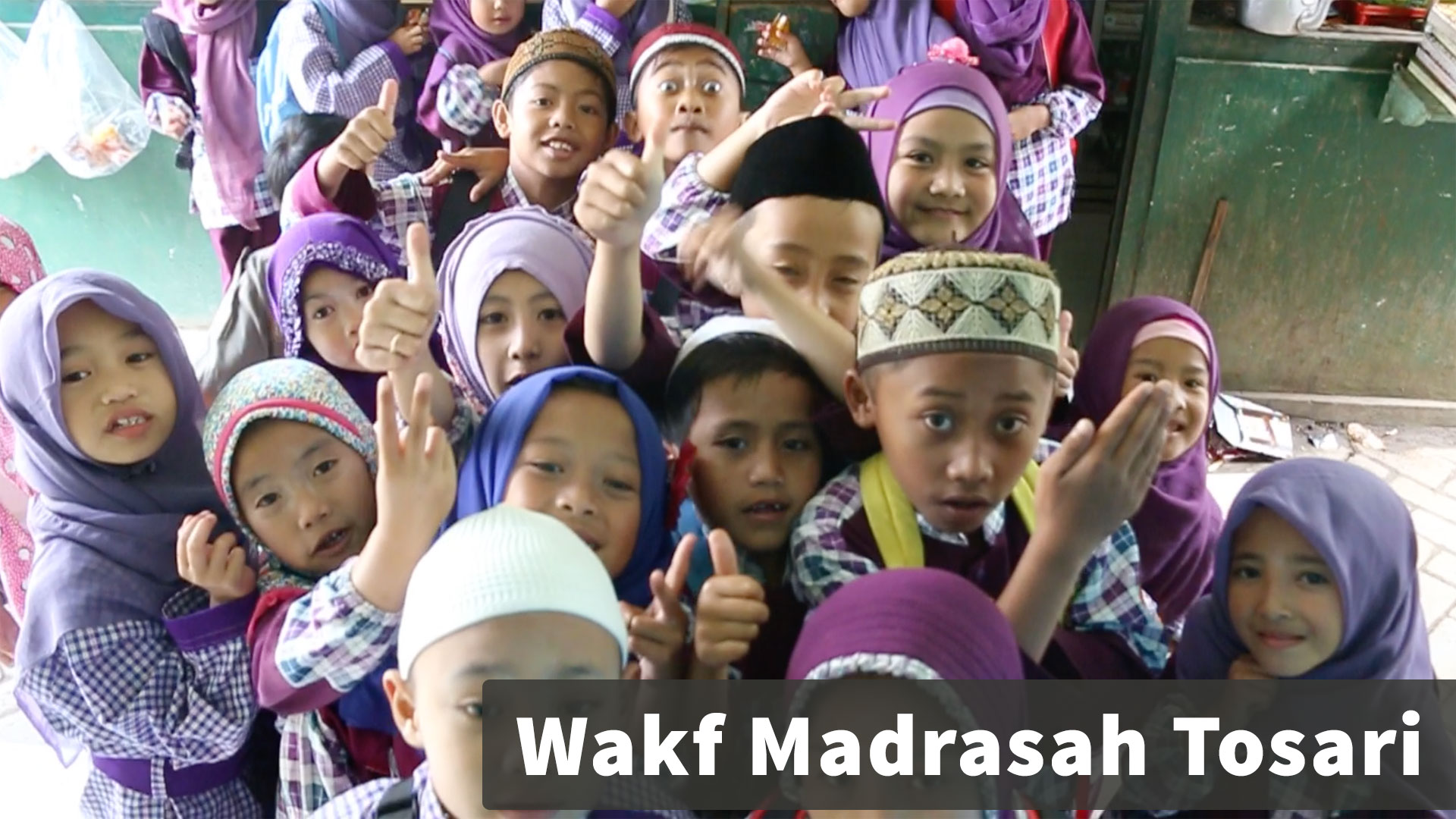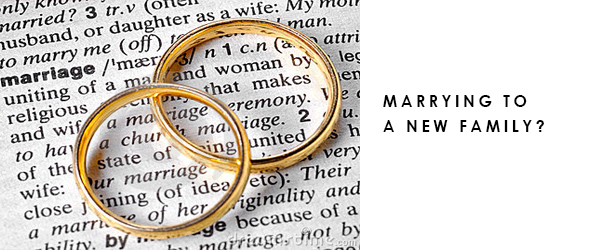What do you think defines a Muslim? Is it his piety? The frequency of his visits to the mosque? Is it his societal involvement? How far involved is he towards his family and society? Or is it his educational level?
The Ideal Muslim, in the similarly-titled book, is defined as one who is mindful in all aspects of his affairs and relationships towards Allah, his own self and the people around him, namely his family, neighbours and brothers/sisters in Islam.
For me, a Muslim is defined by his Moral Characteristics; in other words, his Akhlaaq. His attitudes towards Allah and the people around him. How one carries oneself through his behaviours, manners and etiquette in various situations. It reflects the values instilled in him, his upbringing and his attitude on life in general. It beautifies him in every way.
For a Muslim, his attitude is greatly paramount. Not only because it reflects on Islam, especially in this age where Islam attracts all kinds of scrutiny. But also because it is one factor which distinguishes a Muslim from a non-Muslim (aside from Salaah). Most importantly, perfecting noble characters is what our Prophet sallallahu alaihi wasallam was sent to us for.
I have been observing from my daily interactions, that there are certain characters which are commonly overlooked; nevertheless they deserve our struggle to embody it. It seems like in all our pursuits of worldly matters, we forgot about other matters that we should still pursue for both worldly and Akhirah matters. These are small (well, not that small), but highly prudent characters which, when are all combined in a person, emanate an overall noble characteristics.
Respectful towards others is a gaping hole in many aspects of our society. It is sad to see mothers being spoken to by their children without any shred of due respect given unto her. Children, regardless of age, seem to be ignorant of their responsibility to be nice and pleasant ALL THE TIME towards their parents. The influence of western notion that we should treat the young (or children) like friends, has a limit. It does not stretch to the point where children are not concerned anymore if they are polite to those who are older than them.
Sighing, speaking with a high decibel, condescending, especially when the children achieved higher educational level than their parents, getting annoyed when tasked to care for elderly parents, are examples when respect towards parents are gone. A mother once told me that she tries to refrain from scolding her children, so that they would not be sinned if they retaliate harshly (It’s amazing how selfless mothers can be!) when in fact the young should be mindful of their words and actions, now the elders are being attentive of their words to their children.
I find this unacceptable. There is no reason, point blank, for one to be rude towards parents, especially their mothers. There is no reason a child, whether still in school or has entered the working world, can be impolite and lose respect towards his parents. Such great importance is given in Birrul Walidayn that attaining the blessings of parents is akin to that from Allah the Creator Himself. Likewise, gaining parents’ anger is equivalent to gaining wrath of Allah. That deserves our utmost attention, doesn’t it?
Aside from that, respectful towards teachers and others older are another aspect that is sadly taken lightly. The manner of carrying a conversation with our elder relatives, elder siblings, teachers, tutors, lecturers (regardless of age and religion) are not the same as talking to our friends. Those slangs and phrases that we use among friends, are not age-proof.
Phrases like ‘apa saja kau ni’, ‘yeah, right (yelah tu)’, ‘hmm fine’, ‘okay lah okay lah’, ‘rubbish (merepek saja)’, ‘what the heck are you talking about (apa benda kau cakap ni?)’, ‘okay, whatever’, ‘um, hello’ and ‘duh’. These should be restricted only towards friends. Even if we are in an institution where our educators are normally called by their first name, shouldn’t we practise the moral traits as outlined by our perfect religion, whenever wherever?
__
Hazimah is a graduate of Biomedical Science from International Islamic University Malaysia. She is passionate about Science, enthralled by Arabic linguistics and Malay poetry, loves National Geographic,and is a Harry Potter fanatic.









